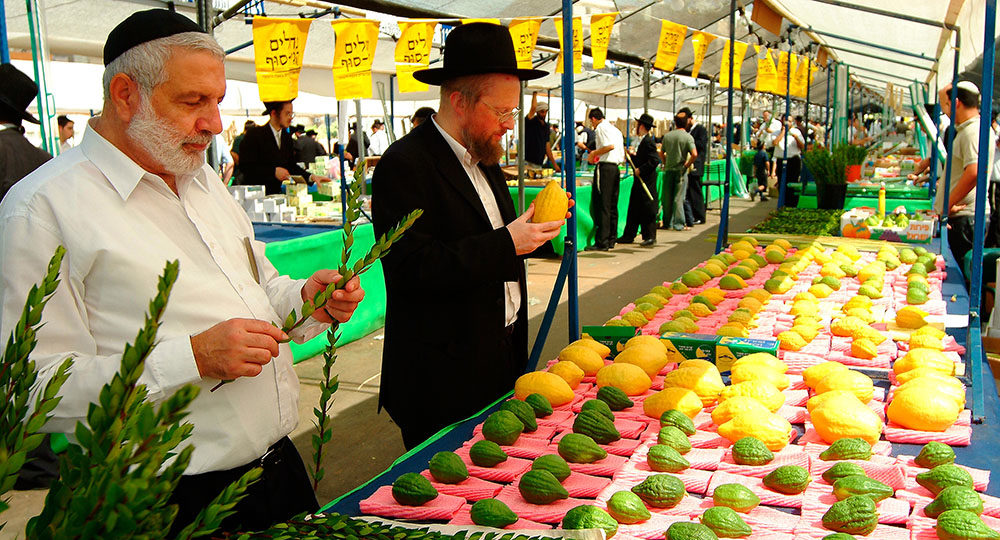Can You Stay for an Extra Day?
It is the last day of your long-awaited vacation. And you think, I’d just love another day. Or you’re a grandparent hosting the out-of-town grandchildren. And when it’s time for them to leave, you hope for just one more day.
Oh, for that extra day!
According to Jewish thinking, that is how Jewish people should feel after the seven joyous days of Sukkot are completed. Judaism actually adds two extra days to the celebration that are not really a part of Sukkot but follow immediately after it.
Shemini Atzeret (“the assembly of the eighth day”) is one of those days. Through Moses, God told Israel, “On the eighth day you shall have a sacred assembly. You shall do no customary work” (Num. 29:35). In Temple days, burnt, grain, sin, and drink offerings were brought on Shemini Atzeret. Today people pray for rain, necessary for a good year. Although the day is distinct from Sukkot, many observant Jews still spend an extra day in the sukkah (See, Why Tabernacles is Important for You!).
Simchat Torah (“rejoicing in the Torah”) takes place the day after Shemini Atzeret. This year it falls on October 22. It celebrates the conclusion of the annual cycle of Torah readings that ends with Deuteronomy 34. The new cycle begins again with Genesis 1. Adults and children are honored with aliyot to the bema, meaning they ascend to the synagogue platform to read from the holy Torah. Congregants sing and dance as they carry the Torah scrolls up and down the aisles of the synagogue and people in the pews lean over to touch and kiss the scrolls passing by. It is a joyous procession displaying love and respect for the Word of God.
A joyous time, indeed, as celebrants read the following:
There is no one like the God of Jeshurun, who rides the heavens to help you, and in His excellency on the clouds. The eternal God is your refuge, and underneath are the everlasting arms (Dt. 33:26–27).







